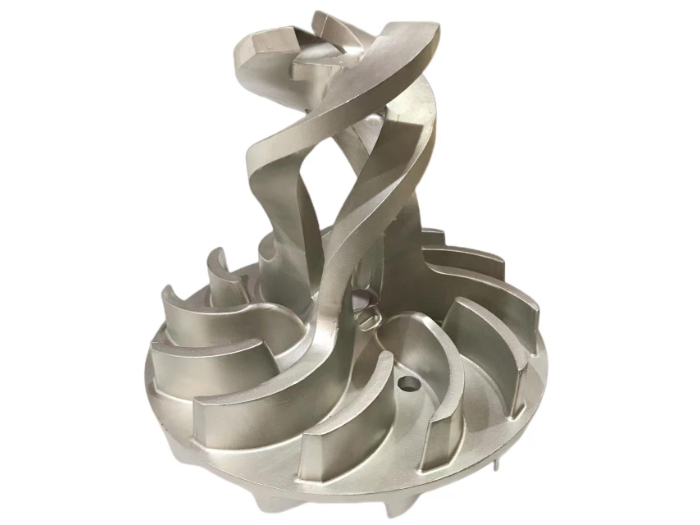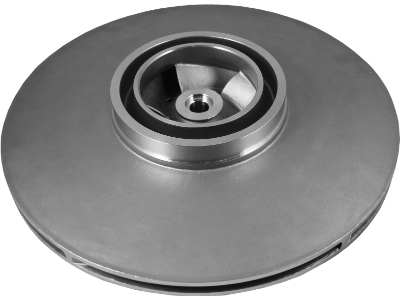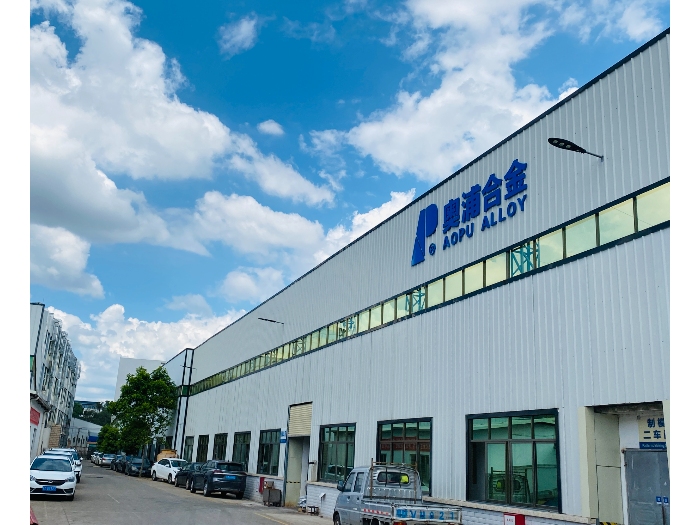-
Address
Wangjiang, Xingtian No 2 Rd, Xingning, Meizhou City, Guangdong Province, China.
- Email:enquiries@apalloy.com
- Phone:+86 0753 3354369
- WhatsApp: +86 18813765785

Explore the intricate world of precision casting and discover how this advanced manufacturing process achieves unparalleled detail and accuracy in metal parts.

Key Industries and Applications
Precision casting is widely used in various industries and applications due to its ability to produce complex and detailed metal parts. Some key industries that rely on precision casting include aerospace, automotive, defense, medical, and energy.
In the aerospace industry, precision casting plays a crucial role in manufacturing turbine blades, engine components, and other critical parts that require high strength and precision. The automotive industry utilizes precision casting for producing engine parts, transmission components, and suspension systems. In the defense sector, precision casting is used for manufacturing firearms, ammunition, and military vehicle parts. The medical industry relies on precision casting for producing orthopedic implants, dental prosthetics, and surgical instruments. Additionally, precision casting is used in the energy sector for manufacturing components for power generation and oil and gas exploration.
The versatility of precision casting makes it an essential process in these industries and many more. Its ability to create intricate and accurate metal parts makes it a preferred choice for applications that demand high quality and precision.

Advantages of Precision Casting Over Other Methods
Precision casting offers several advantages over other manufacturing methods, making it a preferred choice for producing complex and detailed metal parts.
One of the key advantages of precision casting is the ability to create intricate and complex shapes that are difficult or impossible to achieve with other methods. The process allows for the production of parts with thin walls, undercuts, and complex geometries, enabling designers to push the boundaries of what is possible.
Another advantage is the superior surface finish and dimensional accuracy that precision casting offers. The process produces parts with smooth surfaces and fine details, eliminating the need for extensive post-processing and reducing the overall production time and cost.
Precision casting also allows for the use of a wide range of materials, including ferrous and non-ferrous metals, alloys, and even ceramics. This versatility makes it suitable for various applications that require specific material properties. Aopu are focus on precision casting with stainless steel, such as Aus Stainless Steel, Martensitic Stainless Steel, Duplex Stainless Steel, Carbon, Nickel based alloy, High chromium cast iron, etc.
Furthermore, precision casting is a cost-effective solution for small to medium production runs. The initial tooling costs may be higher compared to other methods, but the ability to produce complex parts with minimal material waste and post-processing requirements results in overall cost savings.
Overall, precision casting offers unmatched flexibility, accuracy, and cost-efficiency, making it a valuable manufacturing process in industries that demand high-quality metal parts.

Wangjiang, Xingtian No 2 Rd, Xingning, Meizhou City, Guangdong Province, China.